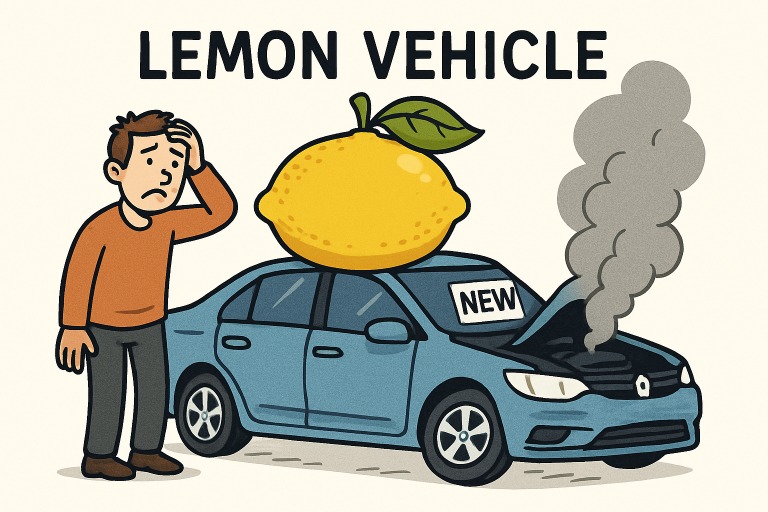What’s the Difference Between O1 vs H1B Visa in Miami?
Understanding the Basic Purpose of O1 and H1B Visas
When considering employment-based visas in the United States, it’s essential to understand the foundational purpose behind each option. The O1 visa is designed for individuals who demonstrate extraordinary ability in their field—whether it’s the arts, sciences, education, business, or athletics. It is typically reserved for top-tier professionals with notable achievements, such as published work, major awards, or prominent roles in their industry.
In contrast, the H1B visa is intended for professionals in “specialty occupations” that usually require a bachelor’s degree or higher. These positions span sectors like IT, finance, healthcare, and engineering.
Understanding the purpose behind each visa helps clarify the major distinction in the O1 vs H1B debate—one rewards proven excellence, while the other focuses on specialized skill sets.
The professionals help individuals in Miami determine which visa best aligns with their background and goals. By clearly identifying the visa’s purpose, applicants can make informed decisions and build stronger petitions tailored to their specific professional journey.
Eligibility Requirements: O1 vs H1B Visa Explained
When comparing employment visa options, eligibility requirements are a major factor. The H1B visa requires a job offer from a U.S. employer in a “specialty occupation,” which typically means the role must require at least a bachelor’s degree in a specific field. Common professions under this category include IT specialists, engineers, and healthcare professionals. There is also an annual cap on H1B visas, making the process competitive and time-sensitive.
The O1 visa, on the other hand, is meant for individuals who can demonstrate extraordinary ability or achievement in their field. This includes documented evidence such as prestigious awards, high-level positions, published work, or media recognition. Unlike the H1B, there is no cap on O1 visas, and the standard for approval is much higher.
The key difference in O1 vs H1B eligibility comes down to the level of recognition and accomplishment required. H1B targets specialized professionals, while O1 focuses on outstanding individuals who stand out in their industry.
De Wit Immigration Law team helps professionals in Miami navigate these requirements and assess which visa aligns with their qualifications. A clear understanding of eligibility helps avoid delays and builds a strong foundation for a successful application.
Application Process and Sponsorship Differences
One of the most important distinctions between the O1 and H1B visas lies in their application process and sponsorship requirements. The H1B visa requires a U.S. employer to file a petition on behalf of the applicant. This process involves entering a lottery system due to the annual cap, and the timing is critical, with a short filing window each year. The employer must also meet wage and job classification requirements under U.S. labor laws.
The O1 visa also requires a sponsor, but the process is more flexible. It does not involve a lottery and can be filed at any time throughout the year. The sponsor can be an employer, an agent, or even multiple employers under certain conditions. Applicants must submit extensive evidence proving their extraordinary ability and include letters of recommendation and proof of industry recognition.
While both visas require sponsorship, the level of complexity and timing differ significantly. Understanding these differences in O1 vs H1B processing helps applicants prepare realistic timelines and gather the right documentation.
The professionals guide their clients through every step of their visa journey in Miami. Whether it’s preparing strong evidence or navigating sponsorship rules, they ensure the process is clear and aligned with your professional needs.
Which Visa is Right for You in Miami’s Job Market?
Choosing between the O1 and H1B visa depends on your career path, qualifications, and professional goals. In Miami’s diverse and competitive job market, professionals in fields like technology, healthcare, finance, and the arts must assess which visa best supports their employment and long-term objectives.
The H1B visa is commonly pursued by foreign workers entering specialized industries with at least a bachelor’s degree. It offers the possibility of a longer stay and the potential for a green card, but it’s limited by annual caps and a lottery-based system. The O1 visa, by contrast, is ideal for individuals who have built strong reputations in their field—those with exceptional achievements, awards, or published work. It offers flexibility, no annual cap, and the opportunity to work with multiple employers.
The choice between O1 vs H1B hinges on your unique credentials and the nature of your work. If you’ve already gained industry recognition, the O1 may provide more freedom. If you’re entering a professional field with strong academic credentials, the H1B might be the better fit.
Conclusion
Choosing between the O1 and H1B visa depends on your qualifications, career goals, and the nature of your profession. Understanding the key differences helps you make an informed decision. De Wit Immigration Law assists Miami professionals in selecting the right path to work and thrive in the U.S.







